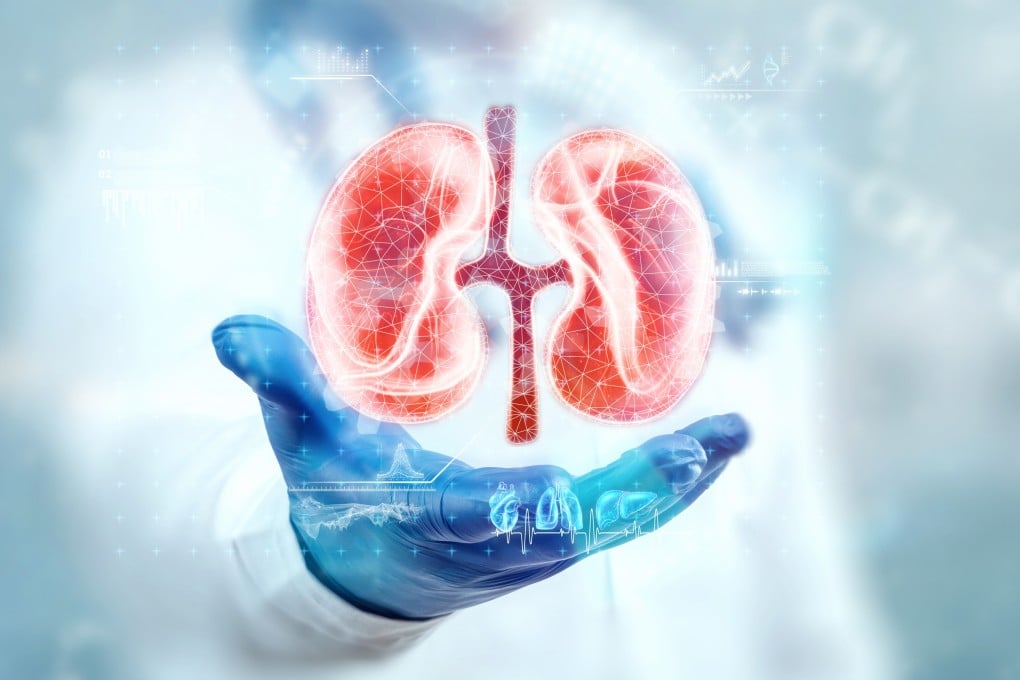Advertisement
Testing the waters: Chinese researchers find hope for life-threatening kidney injuries in the deep
- Nanodrug developed from marine bacteria leads scientists towards powerful drug treatment for acute kidney injury
- Discovery shows integrating marine drug candidates with optimised delivery platforms can provide effective clinical treatments
Reading Time:2 minutes
Why you can trust SCMP

New hope for people suffering from a potentially life-threatening kidney condition may live in our oceans.
With the help of nanotechnology and microscopic marine organisms, scientists in China have developed a drug they says could be used to treat acute kidney injury for which there are no effective clinical therapies.
The Guangdong-based researchers developed the therapeutic nanodrug using a marine bacteria-derived drug molecule and a shellfish-derived sugar as a delivery system.
Advertisement
The nanodrug “alleviates kidney injury efficiently” in injury-induced mice, the researchers wrote in a paper published online on March 8 in the peer reviewed journal Acta Pharmaceutica Sinica B.
Nano delivery systems are a rapidly developing area of science where nanoscale materials can be used to deliver therapeutic agents to specific targeted sites in a controlled manner.
Acute kidney injury happens when the kidneys suddenly stop working properly, usually in less than a few days. In severe cases, or if the condition is not properly treated, it can advance to chronic kidney disease or failure.
Advertisement
Select Voice
Choose your listening speed
Get through articles 2x faster
1.25x
250 WPM
Slow
Average
Fast
1.25x